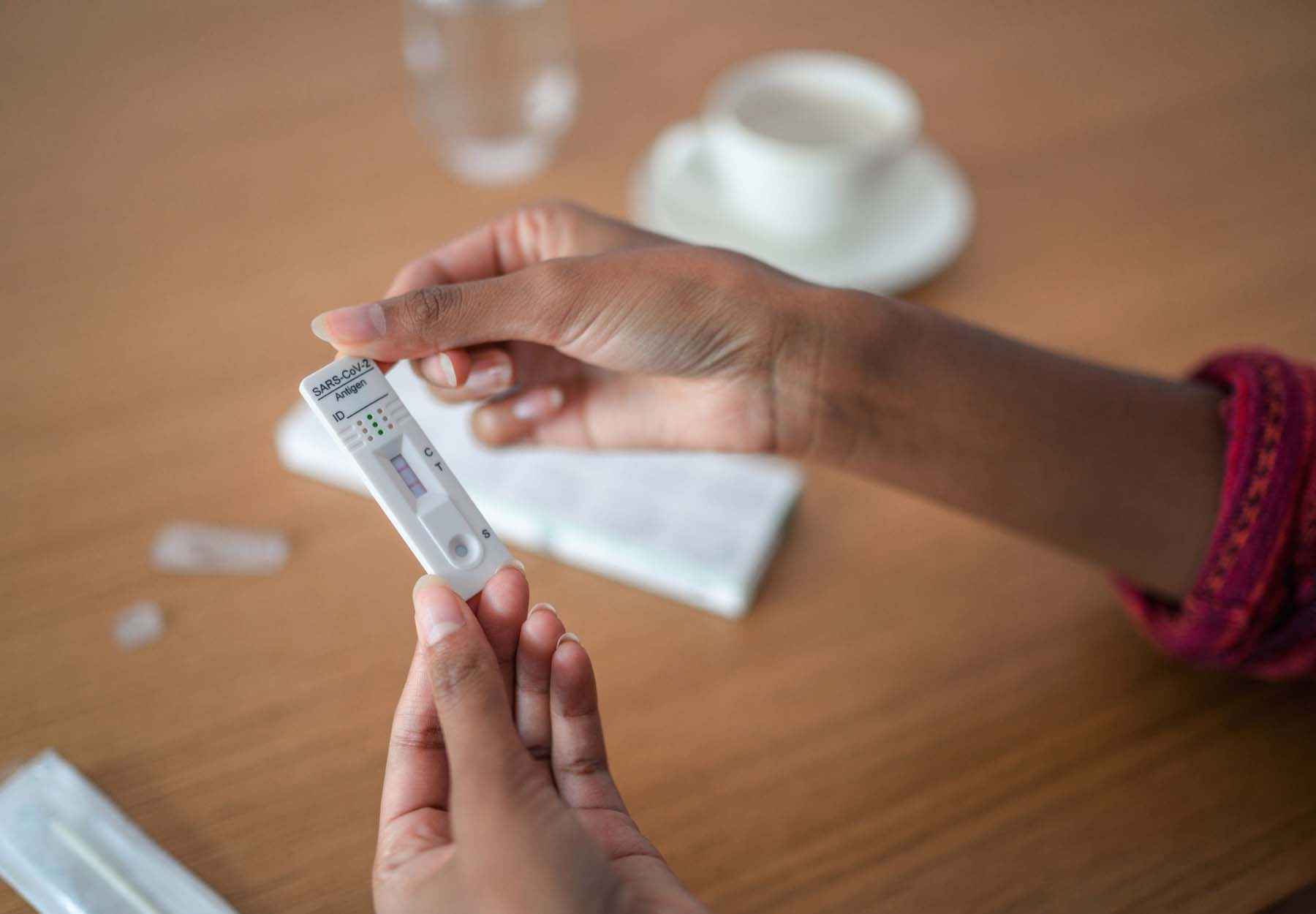White House Ups Effort to Resolve Rapid, At-Home COVID-19 Test Shortages
While it has been far more active in promoting the use of rapid COVID-19 antigen testing than its predecessor, the Biden administration has been playing catchup on this issue from the moment it took office. And with new cases around the country at an all-time high and the need for rapid tests reaching desperate levels, the consequences of the administration’s failure to get ahead of this critical challenge is coming home to roost. The Dire Need for COVID-19 Rapid Tests Rapid, point-of-care antigen testing has figured prominently in the Biden COVID-19 response strategy. Last September, the president unveiled a new action plan calling for the federal government to purchase nearly $2 billion worth of rapid tests from manufacturers across the country. To supplement those efforts, the government collaborated with private retailers like Amazon and Walmart to make tests available to consumers at reduced prices. In December, when Omicron announced its presence and it became clear that further action was necessary, the president doubled down by providing another $1 billion for tests and ordering private insurers to cover 100 percent of the costs of tests provided to plan members. In coordination with this strategy, the FDA has issued Emergency Use Authorization […]

While it has been far more active in promoting the use of rapid COVID-19 antigen testing than its predecessor, the Biden administration has been playing catchup on this issue from the moment it took office. And with new cases around the country at an all-time high and the need for rapid tests reaching desperate levels, the consequences of the administration’s failure to get ahead of this critical challenge is coming home to roost.
The Dire Need for COVID-19 Rapid Tests
Rapid, point-of-care antigen testing has figured prominently in the Biden COVID-19 response strategy. Last September, the president unveiled a new action plan calling for the federal government to purchase nearly $2 billion worth of rapid tests from manufacturers across the country. To supplement those efforts, the government collaborated with private retailers like Amazon and Walmart to make tests available to consumers at reduced prices.
In December, when Omicron announced its presence and it became clear that further action was necessary, the president doubled down by providing another $1 billion for tests and ordering private insurers to cover 100 percent of the costs of tests provided to plan members. In coordination with this strategy, the FDA has issued Emergency Use Authorization (EUA) for a dozen different over-the-counter at-home COVID-19 tests, including products from Abbott Laboratories, LabCorp, Everlywell, and, most recently, Roche, Amazon, and Siemens Healthineers.
But, the supply of rapid tests is nowhere near enough to satisfy the massive demand created by Omicron. Rapid test kits have become a precious commodity that consumers hoard and purchase and sell on the black market.
The Newest Measures to Ensure Availability of Rapid Tests
During a Jan. 5 press briefing, the White House COVID-19 Response Team provided updates on its efforts to address the widespread shortages of rapid tests. The administration is making “significant progress” on acquiring the 500 million free tests it promised to distribute, noted White House coronavirus response coordinator Jeff Zients. Manufacturers are expected to deliver the tests “over the next week or so,” with distribution to ensue in the “coming weeks,” he added.
The plan is for the federal government to set up a new website as part of a “free and easy system” to get the tests in the hands of Americans. Zients also stressed that the distributed tests will come directly from the manufacturers that have received EUA for their products. Meanwhile, the administration will work to set up additional testing sites, particularly in the hard-hit states of Maine, Maryland, Delaware, Texas, and Washington. In addition, mandatory coverage of rapid tests by private payors will officially take effect on Jan. 15.
Subscribe to view Essential
Start a Free Trial for immediate access to this article